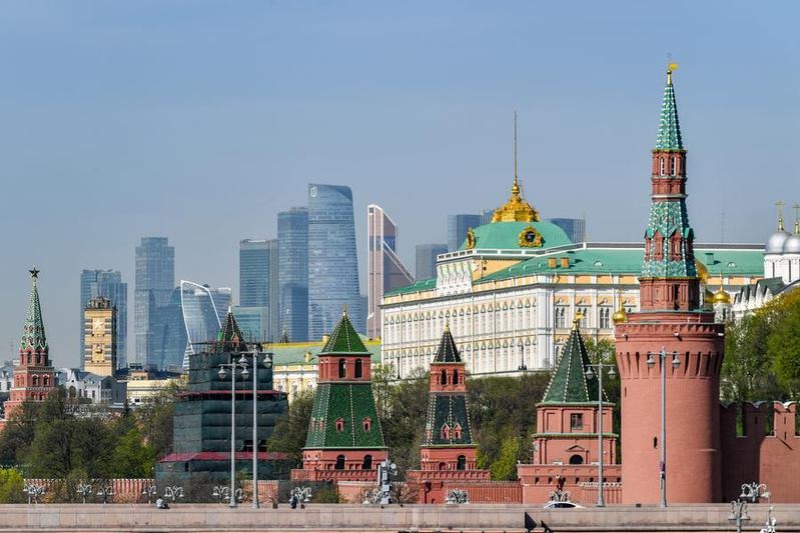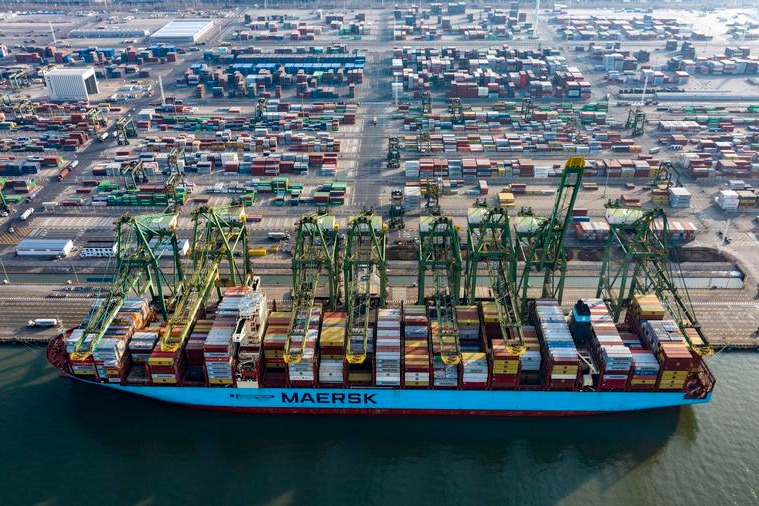Environmental meltdown looming


Countries must work together to promote a green post-pandemic recovery to limit global warming
The world is struggling with the novel coronavirus pandemic, as well as its economic and social consequences. It is also racing against time to avoid an impending environmental crisis. The pandemic shows us the importance of being prepared for a crisis. We were not prepared for the COVID-19 outbreak, and we are even less prepared for the looming challenges of climate change, the collapse of biodiversity, life-shortening air pollution and ocean acidification. The good news is that we can be, as these can all be prevented or reversed.
World Environment Day on Friday was a reminder to take a close look at sustainability in the way it interacts with environmental systems. The most obvious example is wildlife protection: the COVID-19 outbreak brought the illegal wildlife trade into the spotlight. Amid the spread of the novel coronavirus, China has issued a nationwide ban on the trade and consumption of wild animals, imposing even harsher punishments on violators.
Besides wildlife protection, other environmental problems have been exposed by the pandemic: exposure to air pollution increases the risk of cardiovascular disease and respiratory disease, and increases the vulnerability of individuals and communities, especially the poorest people, to pandemics; water access and quality are key to the fight against pandemics, and effective waste management is essential to minimize the secondary health and environmental impacts of pandemics.
All these problems are universal. Thus, China, the European Union and the United States-the world's leading economies-need to work together.
The EU has stepped forward, unveiling its biggest green stimulus package in history last week, which puts fighting climate change at the heart of the bloc's recovery from the pandemic. The overall figure is 750 billion euros ($841 billion), but with future budget spending and the total fiscal firepower the commission says it will use, it is close to 2 trillion euros. Tens of billions of euros will be spent on improving the energy efficiency of houses, reducing the carbon content of electricity and phasing out gasoline and diesel vehicles. The idea is to accelerate Europe's efforts to reduce carbon emissions to net zero by 2050.
The Chinese leaders have endorsed big spending on a variety of low-carbon infrastructure and development priorities. However, China could do a lot more to reduce its carbon footprint. One of the best approaches would be to apply an embedded carbon price in the economic analysis for every project under the framework of China's soon to be launched carbon market, in order to avoid stranded-asset investments. Environmental protection and sustainable development is always a central pillar of the cooperation between China and other countries. Since the establishment of the China Council for International Cooperation on Environment and Development in 1992, China's environmental diplomacy has been further expanded.
The effort also needs the US, however, that country is ignoring the role that climate change adaption and mitigation actions should play in the recovery. There is little related to climate change in the stimulus package plan the US announced in March, as the plan includes $50 billion in loans and grants to airlines, but leaves out language that would have required airlines to offset their emissions.
What's more, the US president has sought to bail out the oil and gas industry. But no matter what the US does, the direction toward international cooperation for a green recovery is unstoppable. As for the World Bank and the International Monetary Fund, which are crucial lenders to the developing world they have stressed sustainability as they grow their lending in response to the pandemic, and many of their borrowers have followed suit.
Science tells us emissions must peak this year to limit warming to the 1.5 C goal set by the Paris Agreement. And 2020 is also an important year for global climate governance-countries will decide on their development path in a long period of time by submitting a new round of nationally determined contributions (NDC) and the long-term low greenhouse gas emissions development strategy by the middle of this century. In order to seize the last chance to curb global warming and make the world a better place for our next generation by being sustainable, stakeholders across the globe have to work together and start to adopt emission reduction actions amid this crisis.
The author is the chief representative for Beijing Office and vice-president at Environmental Defense Fund. The author contributed this article to China Watch, a think tank powered by China Daily. The views do not necessarily reflect those of China Daily.

































